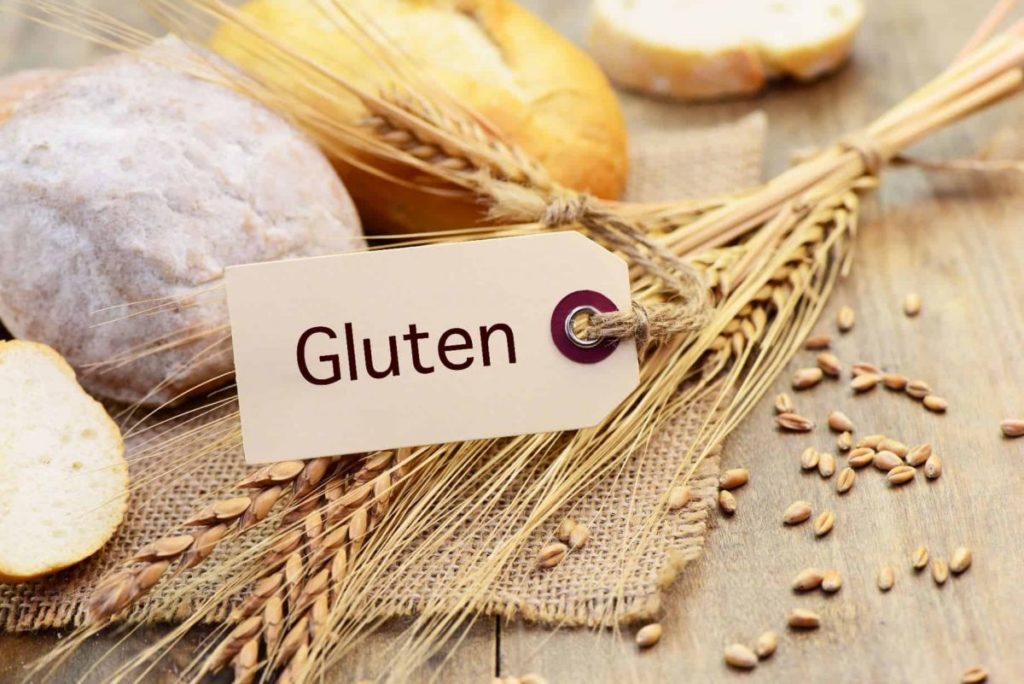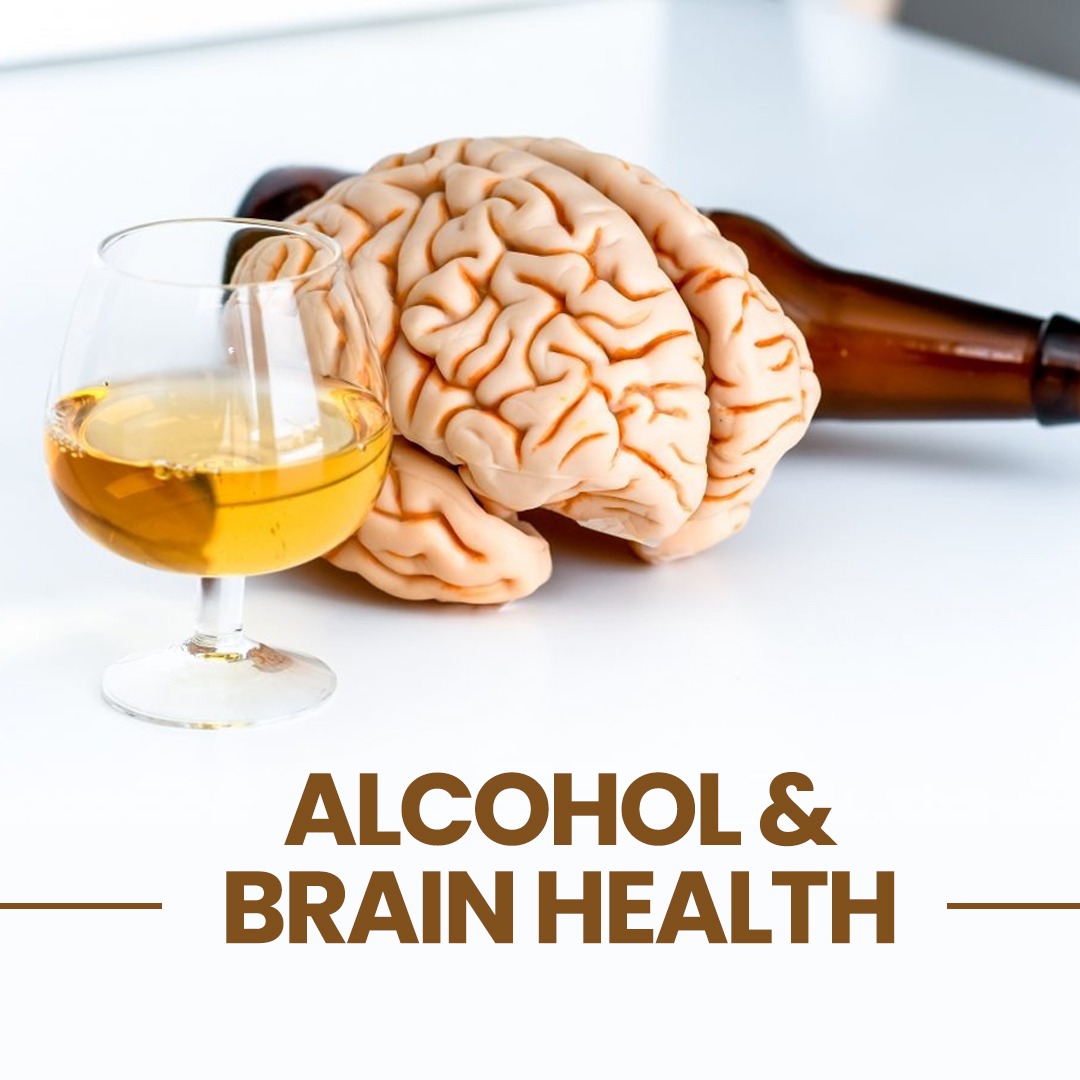
We live in a world where we are constantly in touch with social media and what do we most often see on such social platforms? The answer is Food. Be it new recipes, new restaurants or new dietary products. The food biz is flourishing because of this and they are using every opportunity to capitalise as much as they can from this.
How often have you heard the term, Gluten? Probably so much so that we can’t even keep a count. These food giants have banked in on this word so thoroughly that we have been brainwashed into believing that it’s bad for our health and that gluten free foods are much healthier for our life. On the contrary there is a section of our society which find it good for our health. Before jumping into conclusion of its goodness and who should and shouldn’t consume this food compound, let’s see what Gluten actually is.
Gluten is a protein compound made up of Gliadin and Glutenin. Both of these are found in gluten which is attached to the starch in Wheat, Rye and Barley.
People suffering from Celiac disease are intolerant of the protein, Gliadin. When it enters their small intestine when they eat gluten products, their body gives a severe immune reaction causing the intestine to lose its ability to absorb food properly which leads to vitamin deficiencies, anemia, abdominal pain and weight loss.
The benefits of Gluten will surely clear all our confusion on this debated and often ill marketed food product. We need at least 6-8 small serving of grains a day or simply speaking 3 meals a day which has a fair portion of grains in them. These grains are a very rich source of B12 vitamins and dietary fibre, it helps lower bad cholesterol and also helps in boosting insulin sensitivity, helps in absorbing calcium, vitamin D, zinc and magnesium. In fact,when a case study was done in which a group of people were studied who were following a gluten free diet believing that it’s healthy to avoid gluten had severe deficiencies in vitamin B6 causing skin rashes along with cracked and sore lips and folate deficiency which lead to irritation and prolonged fatigue with cognitive impairment.
We Indians are very tolerant of Gluten and probability of Celiac disease is just 1 in 100. So, don’t readily believe what these companies are marketing, infact we should teach our family and friends how to critically analyse ads and avoid purchasing products based exclusively on marketing or packaging tactics.
- fitnessmatters
- May 24, 2022
- 6:24 pm
- No Comments









